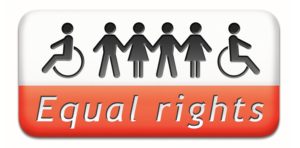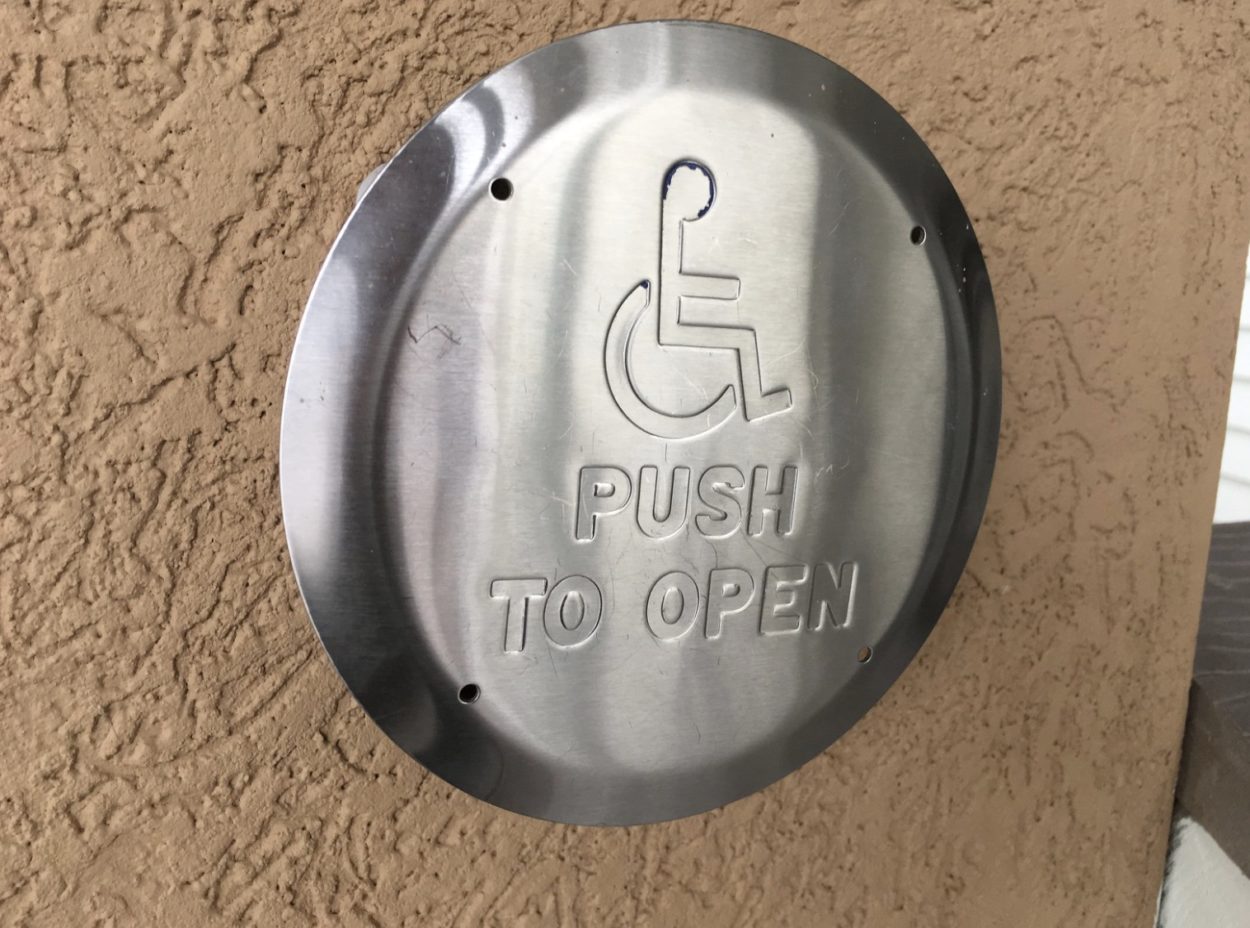In the context of seeking assistance for disability-related legal matters in St. Petersburg, Florida, turning to experienced Disability Lawyers In St Petersburg Florida is paramount. These specialized attorneys possess a nuanced understanding of disability laws and are dedicated to advocating for the rights of individuals facing challenges. When confronted with legal complexities, the expertise of Disability Lawyers In St Petersburg Florida becomes an invaluable asset, offering tailored guidance and support throughout the legal process.
The anti-discrimination legislation in the country offers protection for disabled people. Every employer is required to adhere to anti-discrimination laws during all stages, including recruitment, after hiring, and when terminating employment contracts.
The legal provisions protect disabled people against unfavorable treatment from employers due to their disability. A person must have a medical condition that is classified as a disability by the law. Also, they are protected against any form of harassment in the workplace.
Employers are required to make reasonable adjustments in the workplace to ensure that their premises and practices do not discriminate against employees with disabilities. The aim of the legal provision is to ensure fair access to the premises.
For example, employers can make adjustments such as wheelchair access, modifications to equipment, reallocating duties of the disabled people, and changing the working hours. Failure to provide reasonable accommodation for people with a form of disability is also considered as discrimination, more facts and cases about this you can read on Mosheslaw.com .
Forms of Disability Disabilities Discrimination in the Workplace
Discrimination in the workplace based on disability can be either direct or indirect. If a job applicant with a disability is not offered the same choices that others have is an example of direct disability discrimination.
An example of indirect disability is when an employer makes a flyer about a job advert, which is not easy to read. Potential candidates with a learning disability may have a hard time when accessing the information.

Americans with Disabilities Amendments Act
It defines a disabled person as one who has a mental or physical impairment that prevents them from undertaking one or more activities in their daily routine.
The legal provision affects private employers, local and state governments, employment agencies, and labor unions. It protects Americans with disabilities when it comes to job applications, recruitment, termination, training, remuneration, among other areas.
 The Rehabilitation Act
The Rehabilitation Act
It protects individuals with a disability in programs initiated by the federal government, programs funded by the Federal government, Federal employment, and employment practices among Federal contractors.
The standards of identifying incidences of disabilities discrimination in the workplace under this act are the same as those applied in the Americans with Disabilities Act. Other legal provisions that protect individuals with disabilities include the Fair Housing Act and the Disabilities Education Act.
The Fair Housing Act protects individuals against discrimination when it comes to the sale, rental, and financing of housing projects based on disability. On the other hand, the Disabilities Education Act aims to ensure that all disabled people have access to free public education.
Some states have different provisions for determining who is covered by disabilities discrimination in workplace laws. Therefore, you can consult an attorney to help you understand the laws that apply in your jurisdiction.
Disability and Job Interviews
The law prohibits employers from asking about whether a candidate has a form of disability or the severity of their disability during a job application. However, they can ask whether you can perform specific duties of the job you are interested in.
Employers are also allowed to ask job applicants do illustrate how they can perform specific tasks with or without being offered a reasonable accommodation. Pre-employment inquiries are also allowed if they are required by federal regulation. The inquiries aim to enable employers to provide special services.
 Medical and Physical Exams during Job Applications
Medical and Physical Exams during Job Applications
It is unlawful for an employer to ask applicants to take medical or physical exams before offering them a job. However, there are exemptions, which include if the exams are job-related and in line with the employer’s business.
Employers are not allowed to decline job applications due to the disabilities that may be revealed during medical and physical exams unless they are related to the job you are interested in. You have a right to get a job if you can perform the essential roles of a job with reasonable accommodation. Once you are hired, the law does not require you to take medical or physical exams unless they are needed to assess your ability to conduct the employer’s business. However, an employer can conduct voluntary medical exams. Employers are responsible for maintaining the confidentiality of the medical information obtained from the exams.
The medical records must be kept separate from the other files for employees. It is unlawful for employers to disclose that an employee needs or is receiving a reasonable accommodation due to disability. In some situations, disclosure of disability information is allowed. For example, an employer can disclose the information to supervisors to make informed decisions about accommodation, if first responders need the information for special evacuation procedures, if government workers need the information to determine if an employer has complied with relevant regulations, or for insurance purposes.
Filing Complaints and Legal Action for Disabilities Discrimination in the Workplace
If you think that you are a victim of discrimination based on disability, you should consider explaining your rights to your employer. The explanation may make them reconsider their decision. Use the internal procedures to file a formal complaint, as this gives the employer an opportunity to correct the issue. The management may take your complaint seriously and correct the problem. Another benefit of an internal complaint is that if the issue is solved, you will not need to take some legal action.
If the employer fails to solve the problem or you are unsatisfied, you can hire discrimination attorneys to help you get justice. A NY attorney will assess your problem and advise on the legal action to take. The law sets limits for filing charges. The law in most states requires individuals to file their charges within 300 days of a discriminatory action or decision by an employer. If you live in a state that does not have its own anti-discrimination legislation, then you have to file the charges within 180 days.
Once you have filed a charge, the Equal Employment Opportunity Commission will process it and ask your employer to make a response. The commission will then initiate an investigation into the problem. Discrimination attorneys will help you through the entire process.





1 comment
… [Trackback]
[…] Read More here to that Topic: thelibertarianrepublic.com/legal-provisions-on-disabilities-discrimination-in-the-workplace/ […]